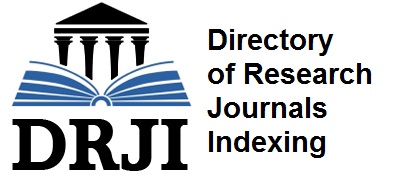“Se si havesse da governare un essercito s’incontrarebbono minori difficoltà”. Stato di emergenza e risposte istituzionali in ancien régime nel regno di Napoli del XVII secolo
“Se si havesse da governare un essercito s'incontrarebbono minori difficoltà”. State of Emergency and Institutional Responses in ancien régime in the 17th century-Kingdom of Naples
Abstract
In the Modern Age governing an emergency was not easy. However, despite the difficulties, rulers and subjects went on looking for effective strategies to combat an emergency. In the 17th century-Kingdom of Naples rulers chose to delegate wide powers to a local official, the provincial preside, who was aware of the local situation. He was called to govern in the Southern provinces replacing the central authorities, provided sometimes with really extraordinary powers. This official allowed the Neapolitan rulers to get, in some circumstances, an effective control of the most distant and problematic provinces of the Kingdom.
In età moderna governare una situazione di emergenza non era facile. Nonostante le difficoltà, però, governanti e governati continuarono a cercare valide strategie per contrastare l’emergenza. Nel regno di Napoli del XVII secolo si preferì delegare ampi poteri a un ministro locale, il preside provinciale, che ben conosceva la realtà locale, chiamato a governare in periferia al posto della capitale con poteri talvolta davvero straordinari. Tale figura consentì alle autorità napoletane di ottenere, in alcune circostanze, un efficace controllo delle più lontane e problematiche province del regno.

This work is licensed under a Creative Commons Attribution-NonCommercial 4.0 International License.
Authors who publish with this Journal agree to the following terms:
Authors retain copyright and grant the Journal right of first publication with the work simultaneously licensed under a Creative Commons Attribution-NonCommercial 4.0 International License.
This Journal permits and encourages authors to post items submitted to the Journal on personal websites or institutional repositories both prior to and after publication, while providing bibliographic details that credit, if applicable, its publication in this Journal.

















